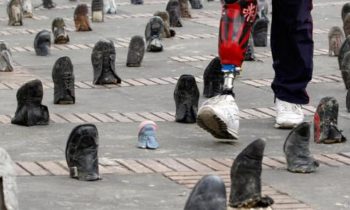 Ferney Cifuentes, like so many Colombian children from his area, was helping his father herd cattle in Montecristo in January 2015 when a violent blast lifted the Earth and sent shrapnel flying.
Ferney Cifuentes, like so many Colombian children from his area, was helping his father herd cattle in Montecristo in January 2015 when a violent blast lifted the Earth and sent shrapnel flying.
The 14-year-old had stepped on a landmine. His death — tragically — was not unique. More than 11,000 Colombians have been wounded or killed by landmines and other unexploded ordnance in the past quarter century.
Landmines are singularly dangerous because they can lay dormant for years, only to kill and maim innocent people without warning. In Colombia last year, 285 people, including 40 children, were killed by landmines, a toll surpassed only by Afghanistan. At current mine clearance rates, decades will pass before the country is mine free.The United States and Norway believe that time line is not acceptable. That’s why we are leading a global effort to increase resources and technical expertise to help Colombia win the battle against these indiscriminate tools of war in the next five years. More than 20 countries and the European Union have joined our initiative, and we are welcoming others to come on board.
Hosted by the government of Colombia, supporters of the initiative are participating this week in a Forum of Experts in Bogota.
They will meet the operators conducting the demining, learn from Colombia’s past experience, share best practices and discuss ways to effectively channel additional aid.
Participants will also visit a pilot demining project being run jointly by Colombia’s government and the guerrilla group, FARC. The decades-long war has generated much of the landmine problem. The project is the first successful example of the two parties working together in the field to heal the wounds of that conflict. Victims’ groups have welcomed the joint project and hope that, by building trust, it will help smooth the path to a full and final peace agreement in the near future.
Now, as the Colombian government and the FARC are approaching a final agreement, we must stand ready to support implementation.
It will be crucial even after a peace accord is signed to underscore the benefits of peace by producing visible results for residents of conflict-affected communities. Confidence needs to be restored, security ensured, and institutions strengthened.
Demining can be a crucial part of this normalization process by helping to create safe conditions for people to return to their homes, freeing up productive land and making it safer for children to play outside and go to school.
As was true during the long conflict, Colombians will bear the overwhelming share of the cost. But for a peace deal to be successfully implemented, the international community must also play a role, including by sharing technical expertise and resources.
The Colombian government estimates it will need $350 million to eliminate the threat posed by landmines within five years.
Peace in Colombia is a global concern that has the support of nations around the world, regional organizations, NGOs, humanitarian groups, and religious leaders — including his Holiness Pope Francis.
As difficult as the negotiations have been at times, peace cannot wait. We must all do our part.
There would be no more fitting memorial to the memory of Ferney Cifuentes than to rid Colombia of the land mines that ended his life far too soon.
About the Author: John Kerry serves as the 68th Secretary of State of the United States. Borge Brende serves as the Foreign Minister of Norway.
(blogs.state.gov)

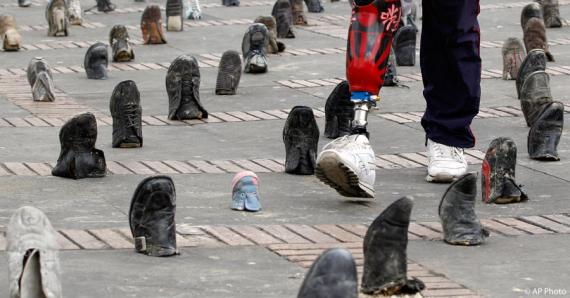
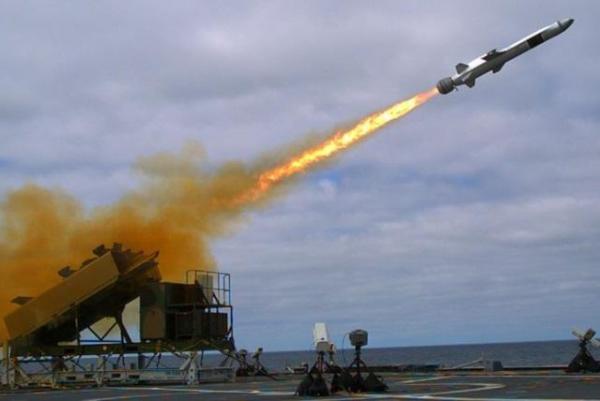
 The U.S. Navy is issuing a contract to Kongsberg Defense of Norway for missiles and equipment for additional testing of its Naval Strike Missile.
The U.S. Navy is issuing a contract to Kongsberg Defense of Norway for missiles and equipment for additional testing of its Naval Strike Missile.
 After the Norwegian government seized five children from their family, citing the parents’ Christian beliefs, activists are fighting back to bring the kids home.
After the Norwegian government seized five children from their family, citing the parents’ Christian beliefs, activists are fighting back to bring the kids home.
 The family of a British oil worker killed in a helicopter crash in Norway say they have been left “heartbroken” by his death.
The family of a British oil worker killed in a helicopter crash in Norway say they have been left “heartbroken” by his death.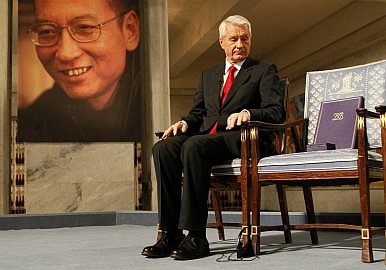
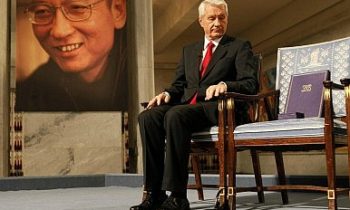 It has been just over five years since the Norwegian Nobel Committee awarded the Peace Prize to the Chinese dissident Liu Xiaobo. It is also the sixth anniversary of Liu’s incarceration on charges for “inciting subversion of state power.” Norway remains in China’s diplomatic doghouse as a result of Liu’s peace prize.Beijing has subjected Oslo to a range of mostly symbolic sanctions. These have included the cancellation of all high-level bilateral meetings, including a nascent free-trade agreement, and informal restrictions on scientific and artistic exchanges. Furthermore, China has imposed selected economic sanctions on Norway, notably on its famous salmon exports.
It has been just over five years since the Norwegian Nobel Committee awarded the Peace Prize to the Chinese dissident Liu Xiaobo. It is also the sixth anniversary of Liu’s incarceration on charges for “inciting subversion of state power.” Norway remains in China’s diplomatic doghouse as a result of Liu’s peace prize.Beijing has subjected Oslo to a range of mostly symbolic sanctions. These have included the cancellation of all high-level bilateral meetings, including a nascent free-trade agreement, and informal restrictions on scientific and artistic exchanges. Furthermore, China has imposed selected economic sanctions on Norway, notably on its famous salmon exports.
 The Norwegian Ambassador to Indonesia, Stig Traavik, has said his government is ready to help Indonesia to develop peat land-friendly agriculture.
The Norwegian Ambassador to Indonesia, Stig Traavik, has said his government is ready to help Indonesia to develop peat land-friendly agriculture.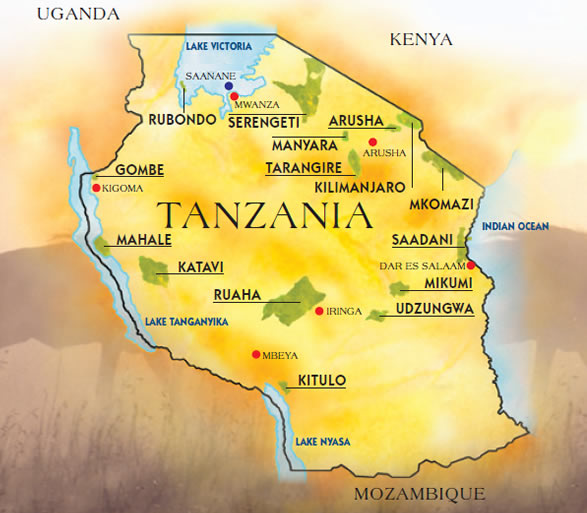
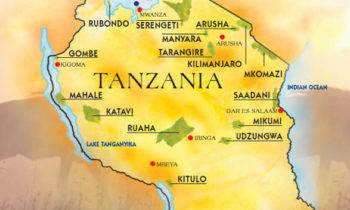 The Government of Norwegian will continue to support local content development in the wake of huge natural gas discoveries in the country. Speaking at the weekend during an entrepreneurship award winners’ event known as “Heroes of Tomorrow”, the Norwegian Ambassador to Tanzania, Hanna-Marie Kaastad said the award programme, which has the support of her government, was intended to improve entrepreneurship among Tanzania’s young entrepreneurs so they can participate in the projected related to natural gas undertakings.”This initiative is intended to nurture the growth of young entrepreneurs.
The Government of Norwegian will continue to support local content development in the wake of huge natural gas discoveries in the country. Speaking at the weekend during an entrepreneurship award winners’ event known as “Heroes of Tomorrow”, the Norwegian Ambassador to Tanzania, Hanna-Marie Kaastad said the award programme, which has the support of her government, was intended to improve entrepreneurship among Tanzania’s young entrepreneurs so they can participate in the projected related to natural gas undertakings.”This initiative is intended to nurture the growth of young entrepreneurs.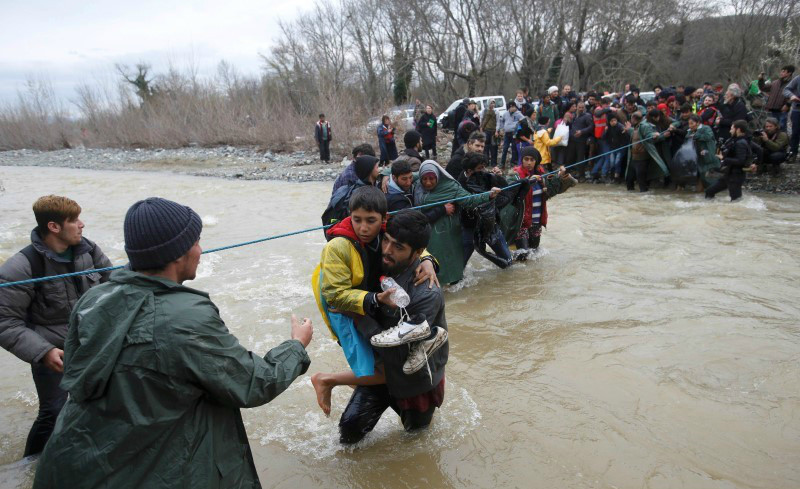
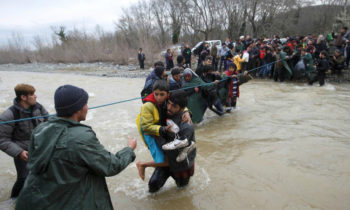 The European Commission on Wednesday (5 May) backed extending internal border checks for six months in Austria, Denmark, Germany, Norway and Sweden.
The European Commission on Wednesday (5 May) backed extending internal border checks for six months in Austria, Denmark, Germany, Norway and Sweden.
